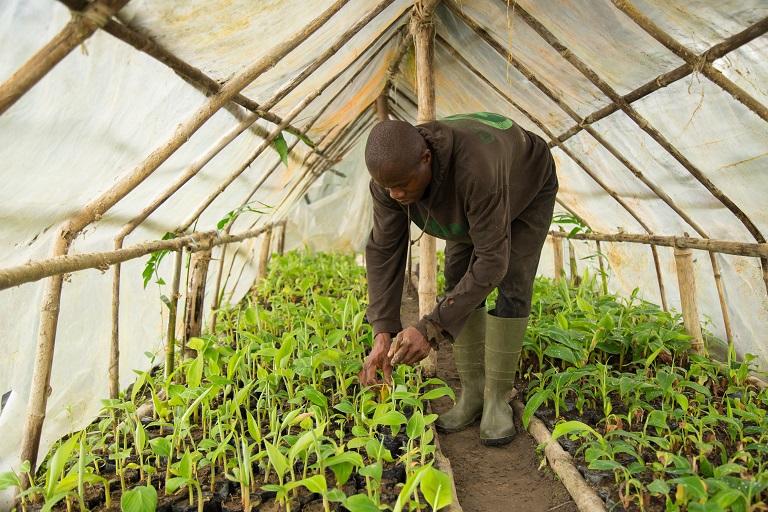Index Insurance is Having a Development Impact Where It’s Needed Most

Many of the world’s populations are vulnerable to climate shocks – to drought, flooding, irregular rainfall and natural disasters. For these countries, cities, and communities, index-based insurance is a critical risk-management tool which allows victims of such shocks to continue to have access to finance and to build resilience against future risks.
Index, or parametric, insurance pays out benefits based on a pre-determined index for the loss of assets and investments as a result of weather or other catastrophic events. In contrast, traditional insurance relies on assessments of the actual damage.
Because index insurance allows for the claims-settlement process to be quicker and more objective, it has great potential to improve risk management and can play an important, positive role in reducing poverty.
Developing this type of insurance is especially relevant in regions like Sub-Saharan Africa, where a very large share of GDP and job creation is in the agricultural sector. For instance, agriculture is the primary source of food and income for Africans, providing up to 60 percent of all jobs on the continent.
Through the Global Index Insurance Facility (GIIF), the World Bank Group is fully committed to the development of local capacity to create, evaluate, price, and distribute index insurance products to help the vulnerable build resilience against natural disasters, climate risks, and food insecurity.
An example of our commitment to fostering capacity was last year’s Borlaug Awards for Field Research and Application at the World Food Prize. The winner, Dr. Andrew Mude of the International Livestock Research Institute, was a World Bank grantee whose livestock index insurance project was initially supported by GIIF and then was scaled up by the Disaster Risk Finance and Insurance Program (DRFI).
However, developing index insurance is not challenge-free.
Although being an innovative product, index insurance is rarely offered by insurers in developing countries, because it is perceived to be a difficult and complicated product to evaluate. Most insurers still lack the knowledge and technical capacity to develop sustainable and profitable index insurance products.
With this challenge in mind, the World Bank Group has a role in closing the knowledge gap. Index insurance not only complements our projects, but it also elevates the insurance sector as a whole. It is our priority to help stakeholders understand and adhere to best practices that support the healthy, sustainable, and responsible development of the index insurance market.
To continue reading, please proceed to the World Bank's website where the blog was originally posted.
